30 years of Marie Claire helping to change the world for women - and we're not done yet. Are you in?
What comes after #MeToo and marching?
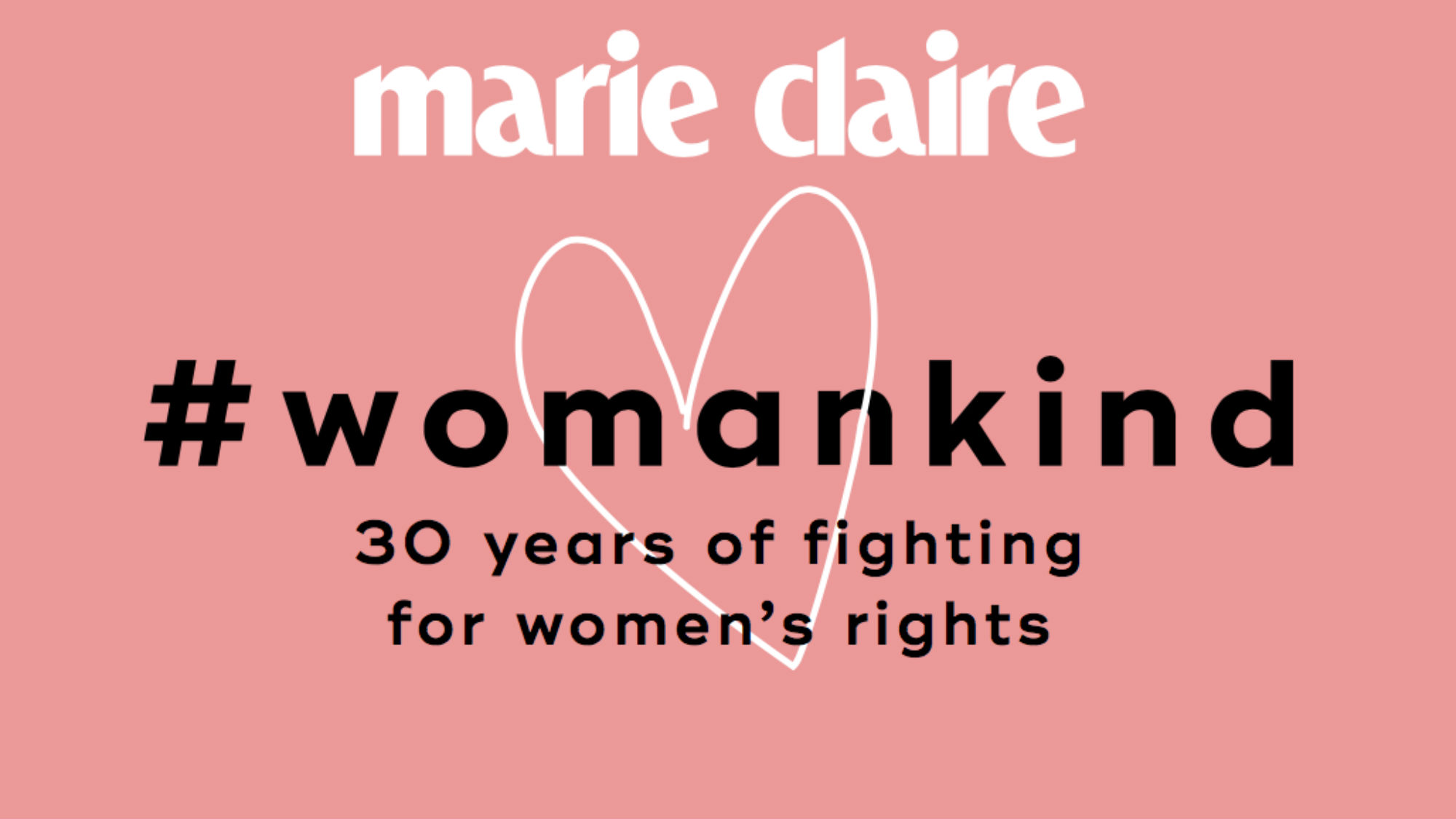
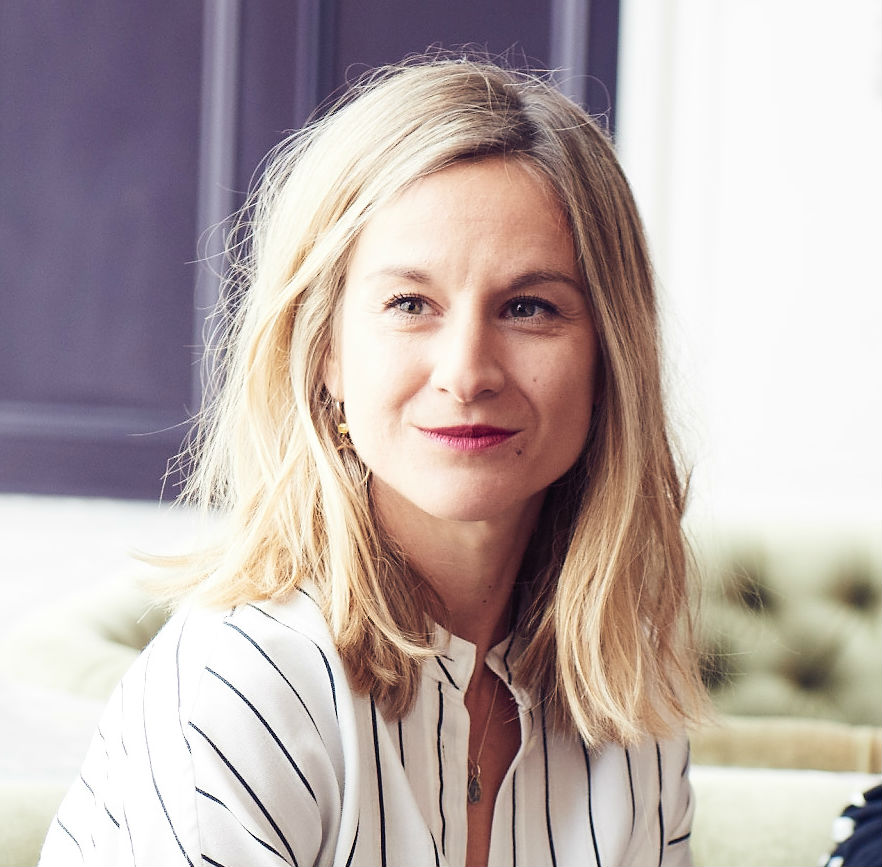
What comes after #MeToo and marching?
WomanKind is what comes next.
This morning in central London, Marie Claire's Editor-in-chief Trish Halpin was joined by a powerhouse line-up of game-changing women to launch #WomanKind. In this, our 30th birthday year, we celebrate the collective power of women to create, to inspire and to change the world. That has been at the heart of what we've been doing for 30 years and our work here isn't done yet.
Back in 1988, Marie Claire transformed the British glossy market by being the first magazine to combine thought-provoking journalism and a feminist agenda, alongside fashion and beauty. It was the first magazine to report on FGM, and fighting for women’s rights – both here in the UK and across the world – has been our mission ever since. So what's next?
From marching against Trump, to shouting #metoo across social media, 2017 was the year women said enough is enough. We are calling 2018 the year of WomanKind, in which we’ll be celebrating the collective power of women to change the world.
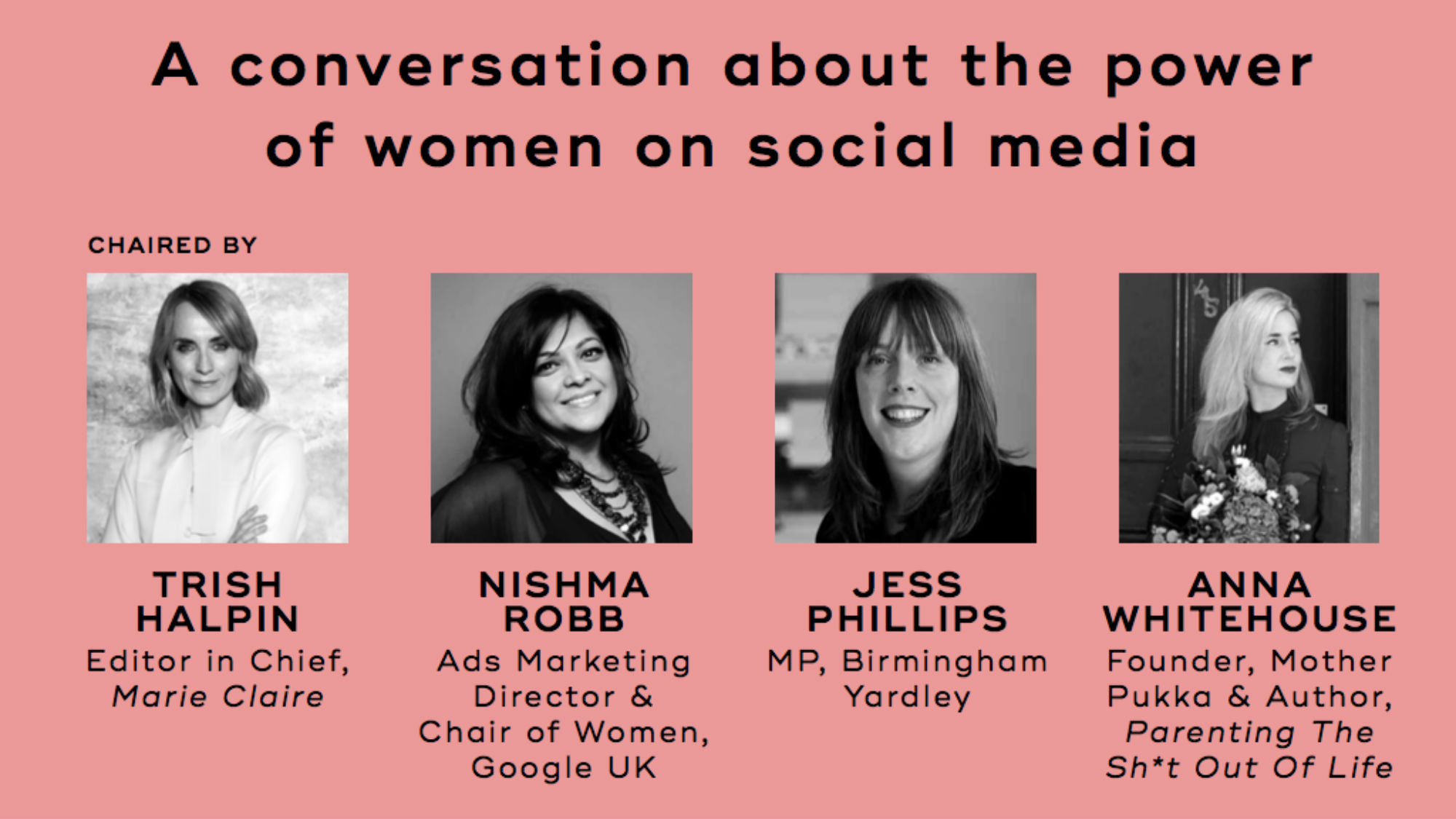
Marie Claire will be rolling out a programme of events, features, social activity and videos over the coming months, and on International Women’s Day on 8th March, we will be launching our #notmyjob campaign. Because it’s not any woman’s job to have to do the same work as a man and be paid less for it; it’s not any woman’s job to have to flirt - or worse - with a client or boss to get on in her career. And it’s not any woman’s job to have to climb back up the career ladder because she’s chosen to take time out to have a baby.
We’ll be calling on the 6 million women we reach across our combined Marie Claire print and digital platforms to share both the small, every day aggressions they endure in the workplace – such as being talked over in a meeting, or excluded from decision making – as well as the downright illegal discrimination or harassment they encounter. We will be providing a hub on marieclaire.co.uk with legal resources and advice to those who find themselves in these situations, and we will be joining forces with the Fawcett Society, the UK’s leading charity campaigning for gender equality and women’s rights, to fight for genuine equality for all women at work.
Marie Claire Newsletter
Celebrity news, beauty, fashion advice, and fascinating features, delivered straight to your inbox!
'Of course you can ask women [questions], just don't grope my tits at the same time' - Jess Phillips
To kick off the conversation, we invited four women at the forefront of the campaign for change, to discuss how we can harness the current momentum to bring about real progress. It was our pleasure to be joined by Jess Phillips, Labour MP for Birmingham Yardley, equalities campaigner and leading voice in tackling the culture of sexism in Westminster; Nishma Robb, Google's Head of Marketing and UK Chair of women@Google which aims to create the right environments, programs and policies to support women in pursuing their dreams and building tools that change the world; and author and founder of Mother Pukka, an online community and blog that is driving a more honest conversation around the realities of modern parenting and campaigning for flexible working.
Jess Phillips: 'There is a tipping point happening right now around the world, and I see it in my constituency with young women wanting to take back control. Every woman I know has been sexually harrassed in some way but nobody was listening, until now. People are frightened - there's a fear in companies, a fear of shame - but we need to move it on to something more positive. People say, "Oh you can't ask a woman to pass the milk anymore without being called out." You can, just don't grope my tits at the same time.'
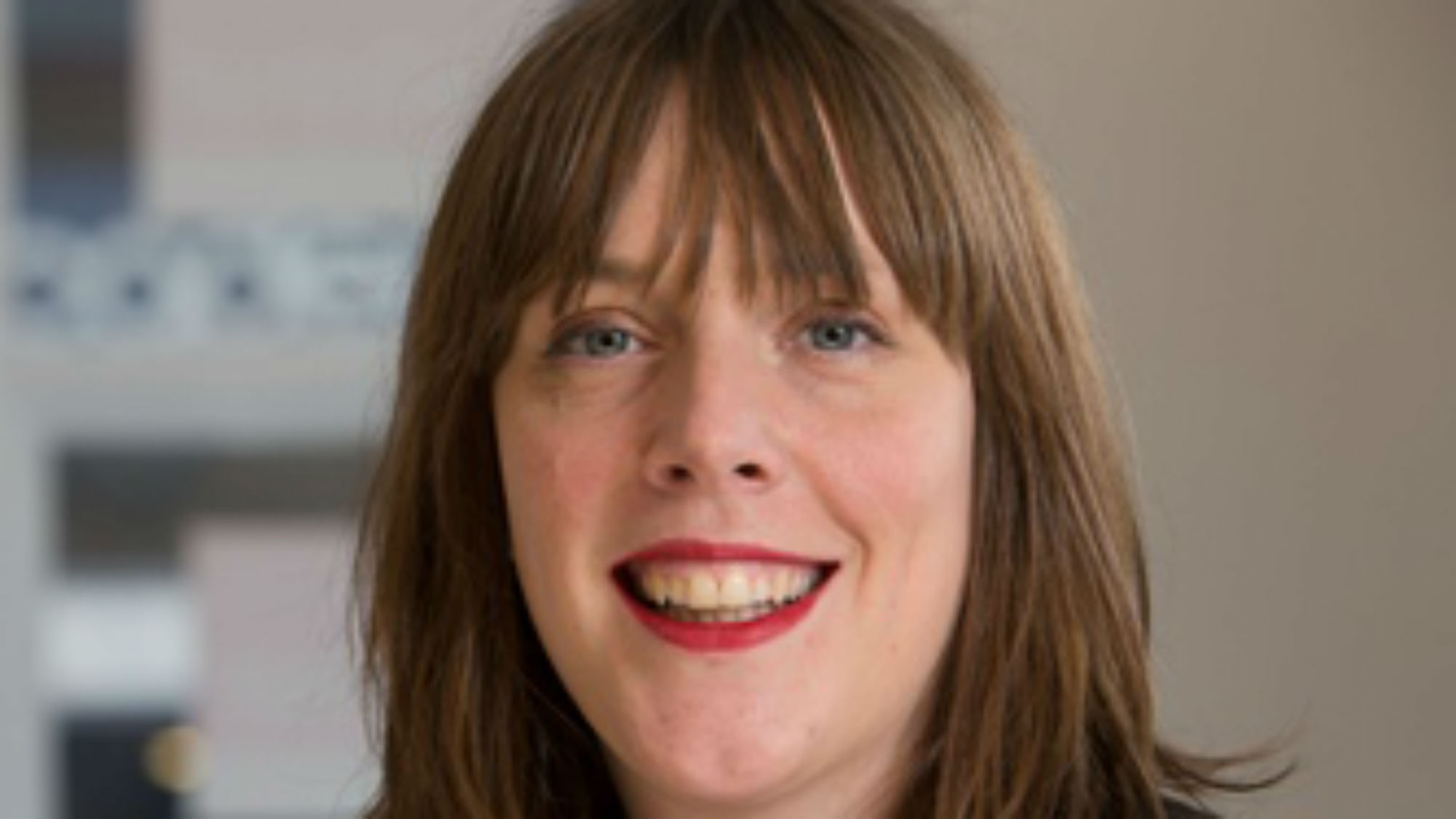
Nishma Robb: 'We need to look at how we can create a community of positivity. Google was one of the first companies to share data on gender pay, and as a relatively young company - 20 this year - we have hit a point where female staff are going off to have babies or fathers are taking paternity leave and for them, returning to work needs more structure. The pace of change is so fast that it can leave people feeling out of the loop, so there needs to be a six-month transition to help people settle back into their roles. We need to call out unacceptable behaviour when we see it and encourage flexibility. Why do we still have a 9 to 5 in 2018?'
'Why do we still have a 9 to 5 in 2018?' - Nishma Robb
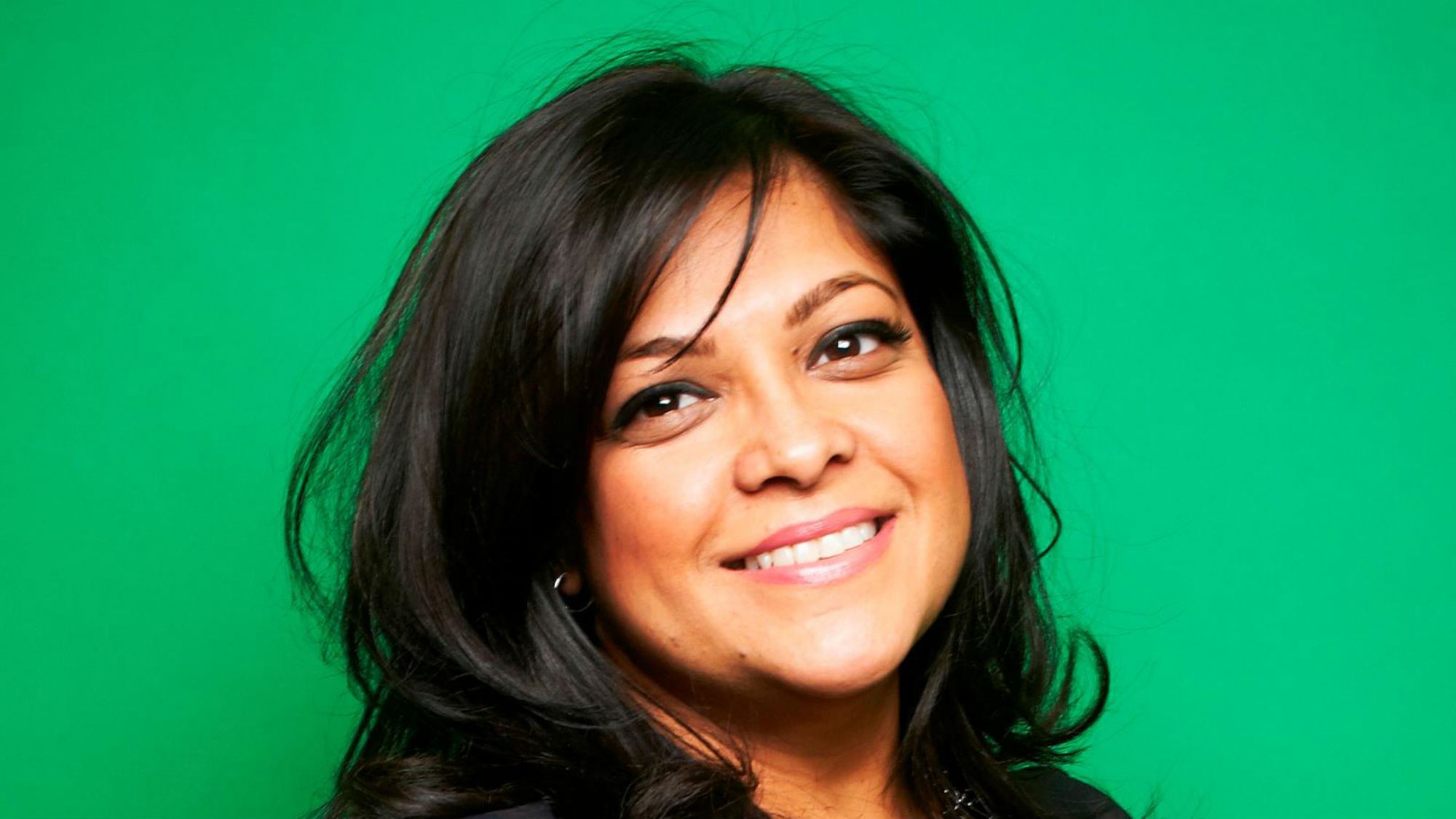
Anna Whitehouse: 'When I worked as a copywriter, I had a brilliant boss but she was weighed down by policy, so after I had my first baby, my flexible working request was declined - the idea was that if she set a precedent for me, she would have to do the same for others. Essentially, what somebody else's womb may or may not do in the future, impacted my career progress. So I quit. I had grafted my way through university and up the career ladder but I quit. Because I can't build up my two girls to have that same door shut in their faces again.
It's not about shaming companies, it's about sharing positive examples of how it can work. Deloitte have an entirely agile set up - for a whole multitude of reasons (not just parenthood) - that is about putting people above policies. James Clarry from Coutts bank has pioneered a flexible way of working because he said he wanted his PA to get engaged, not disengaged from her job. Every Friday, the HR director from Virgin Money goes to the V&A for inspiration and the team has a "leaving out loud" policy so that parents doing the nursery run don't have to silently skulk off.'
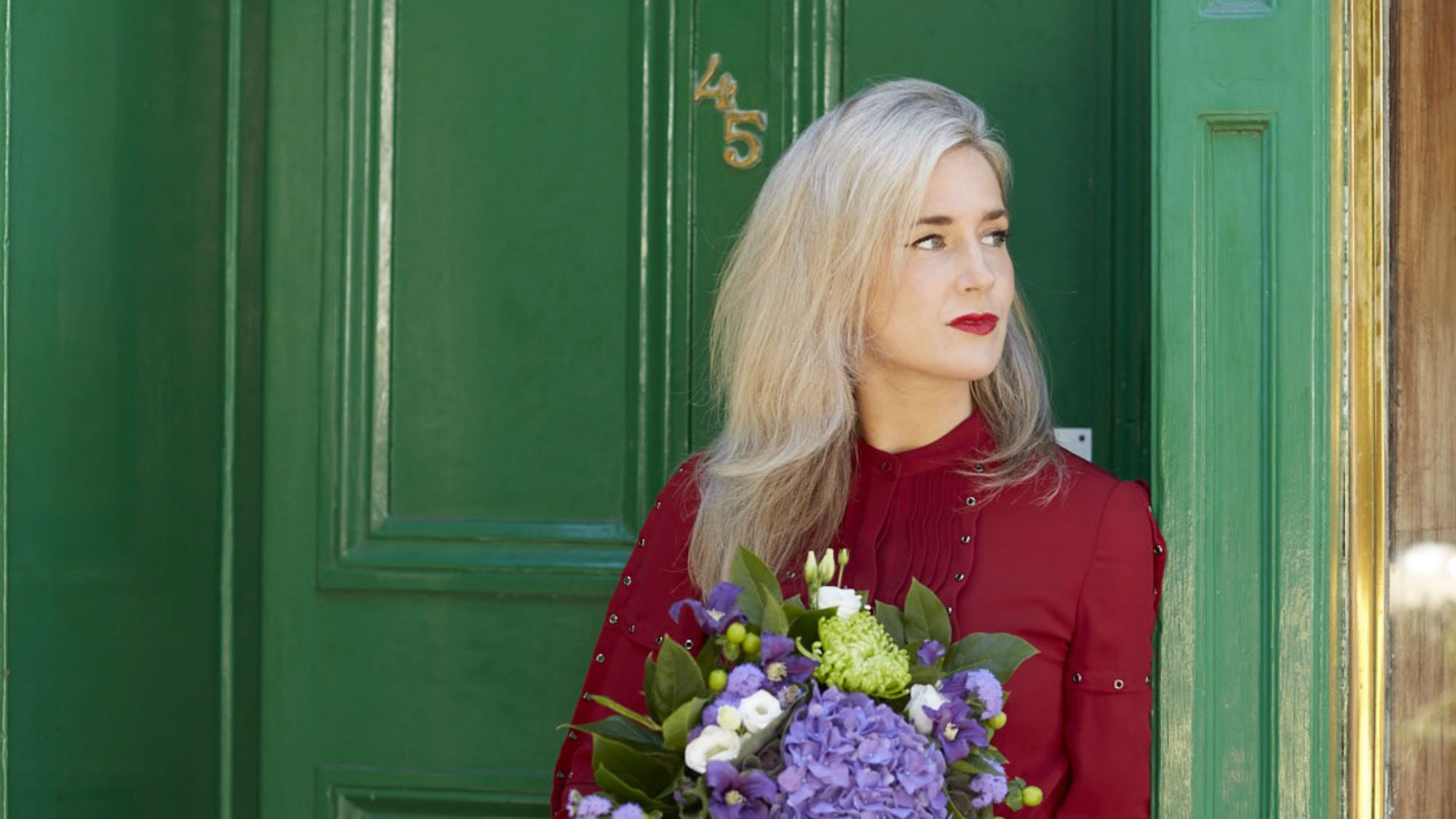
Phillips: 'There is no maternity or paternity leave in parliament. Emma Reynolds, MP for Wolverhampton, had to go back to work the day after she gave birth because Theresa May called a snap election. We are trying to get a proxy voting system to allow MPs to have people cover their constituency when people are on leave.'
'The role of men in this conversation is vital' - Anna Whitehouse
Phillips: 'Social media is a brilliant tool but the danger is that 'clicktivism' becomes a tick box. The platforms need to be used well by people who have a deeds not words approach. When used poorly or when people are afraid to speak up because they get lots of crap for it, that destabilises progress. What we have to do is cheer-lead people when we see these things happen. We all need to be doing this together.'
Whitehouse: 'The role of men in the conversation is vital. My husband and I realised very quickly that it was not enough for just me to take my voice around the country and do flash dancing to campaign for flexible working. He has to be there next to me, saying the same thing. He is a parent and this isn't about "mums" or "dads" it's about parents.'
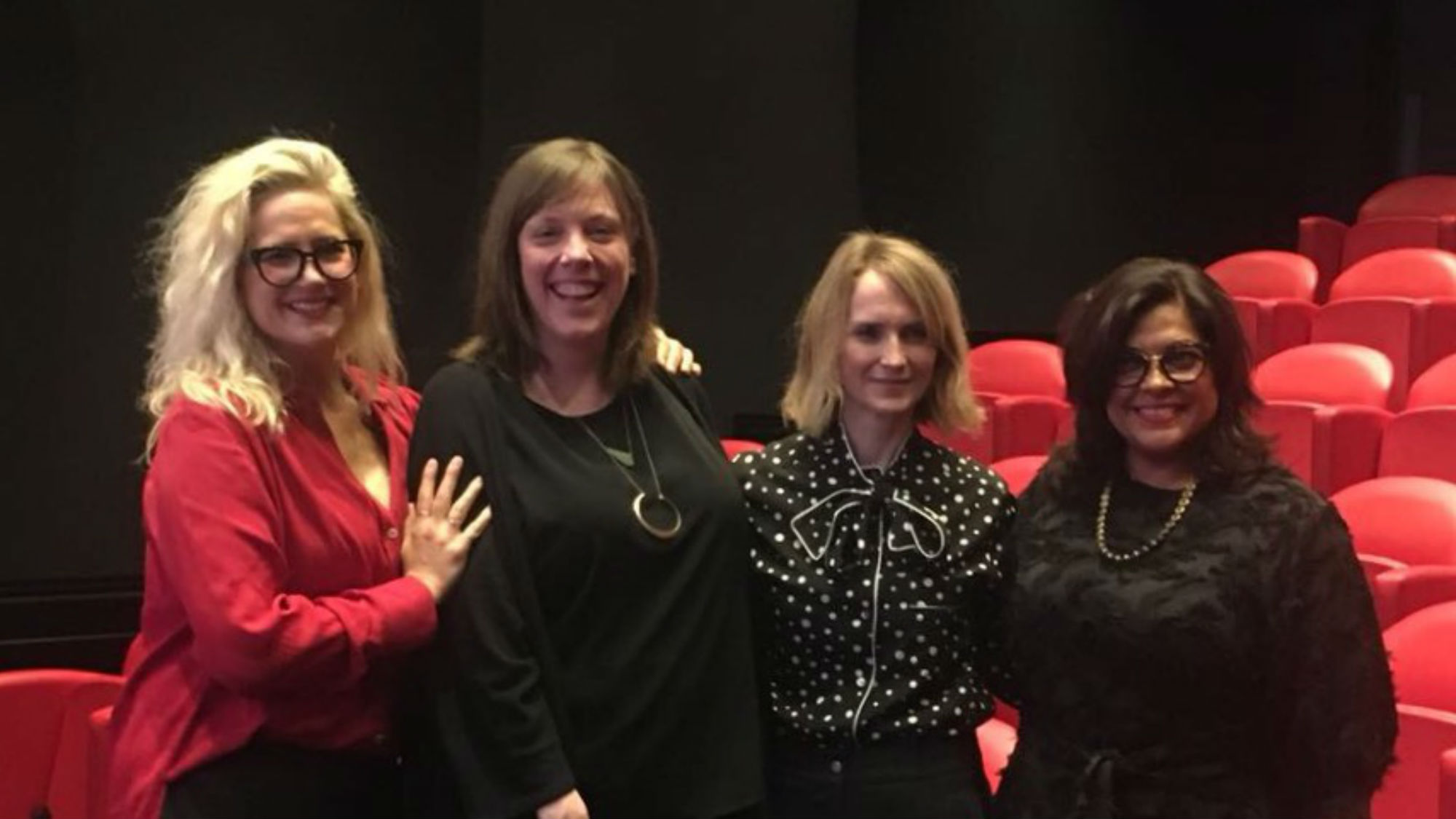
Robb: 'In the next ten years we need to deliver forced action to see genuine change. I'd like to see a much more inclusive conversation. It's not about men or women, it's about getting rid of arse holes. Being anti men is not what we want to do. The only discussion left to have is: how do we do this? And for that we need men's and women's voices.'
Phillips: 'Childcare, maternity and paternity policies are outdated. It would change something overnight if men took 9 months off as well as women when they have children. It would vastly change the gender pay gap and childcare costs would be covered for the first 18 months. It costs £18 a day for childcare in France and they have one of the greatest productivity rates in Europe. We need an industrial strategy that helps women go to work and stay at work.'
The campaign for change starts here. Are you with us?
-
 How the slogan t-shirt became this season's must-have - and why it's more than just another trend
How the slogan t-shirt became this season's must-have - and why it's more than just another trendNot just another Nineties throwback
By Clementina Jackson
-
 How are Trump’s tariffs affecting the fashion industry?
How are Trump’s tariffs affecting the fashion industry?The fluctuating situation in the US is having very real consequences
By Rebecca Jane Hill
-
 Here's every character returning for You season 5 - and what it might mean for Joe Goldberg's ending
Here's every character returning for You season 5 - and what it might mean for Joe Goldberg's endingBy Iris Goldsztajn